If I did... (A2)
Second conditional (188)
Druhý kondicionál
Na Landigo si dnes ukážeme, jak pomocí podmínkových vět mluvit o něčem, co není možné a reálné. Např. Kdybych vyhrál loterii, koupil bych si Ferrari.
Druhý kondicionál – procvičování:
- A2:Cvičení: If I did... If I played...
- Mix kondicionálů: A2:Cvičení 1, A2:Cvičení 2, A2:Cvičení 3
Lekce na další kondicionály:
If I won the lottery, I would buy a Ferrari. = Kdybych vyhrál loterii, koupil bych si Ferrari. Jedná se o druhý kondicionál.

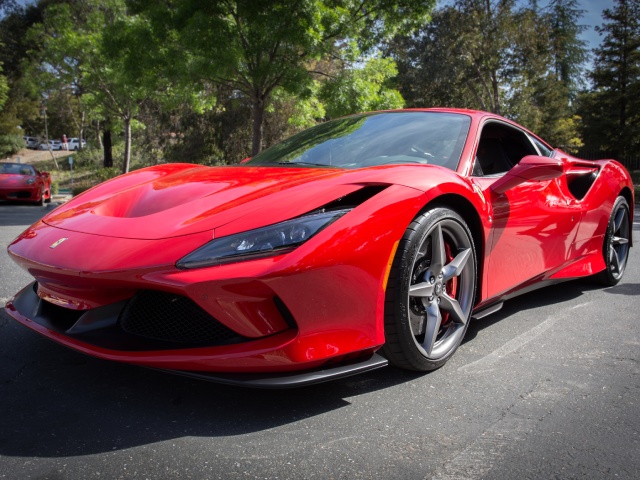
Porovnání všech kondicionálů:
| 0. |
If the weather is nice, we go to the beach.
|
Když je hezké počasí, chodíme na pláž. (zpravidla) |
| 1. |
If the weather is nice, we will go to the beach.
|
Jestli bude hezké počasí, půjdeme na pláž. (možné a reálné) |
| 2. |
If the weather was nice, we would go to the beach.
|
Kdyby bylo hezké počasí, šli bychom na pláž. (není možné a reálné) |
| 3. |
If the weather had been nice, we would have gone to the beach.
|
Kdyby bylo tehdy hezké počasí, byli bychom šli na pláž. (jde o minulost, kterou nezměníme) |
If you played baseball well, you would be on the national team. = Kdybys hrál dobře baseball, byl bys v národním týmu.
| 1. kondicionál: |
If you play well, you will be on the team.
|
| 2. kondicionál: |
If you played well, you would be on the team.
|

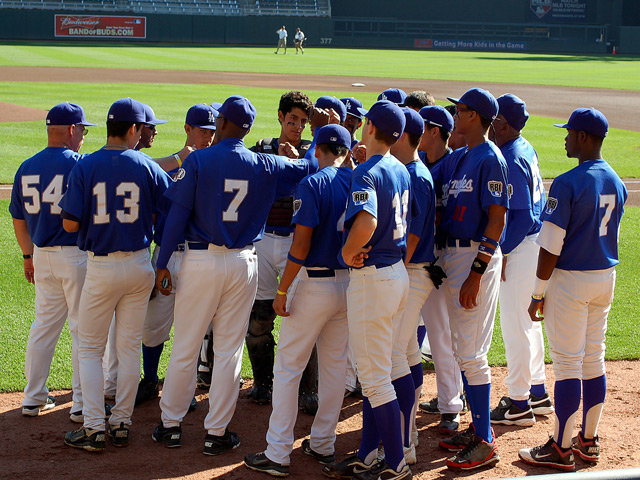
Druhý kondicionál (second conditional) používáme, když mluvíme o něčem v přítomnosti nebo budoucnosti, co není možné, reálné nebo pravděpodobné. Jedná se tedy o něco nereálného a pouze hypotetického:
|
If I
had more time, I would learn Spanish.
|
Kdybych měl více času, učil bych se španělsky. (= Ale nemám více času, takže se španělsky neučím.) |
|
If you saw a UFO, what
would you do?
|
Kdybyste viděli UFO, co byste dělali? (= velmi nepravděpodobné, hypotetické) |
V druhém kondicionálu použijeme po IF minulý čas a ve druhé větě WOULD/WOULDN'T + základní tvar slovesa (be, visit, fly...):
|
If I
dated a celebrity, I would be famous too.
|
Kdybych chodil s celebritou, byl bych taky slavný. |
|
If you
lived in London, Tom would visit you often.
|
Kdybys žila v Londýně, Tom by tě často navštěvoval. |
If we were rich, we would fly in a private jet. = Kdybychom byli bohatí, létali bychom soukromým letadlem.
| If we are were rich, we would fly... |


If you had twins, what would you do? = Kdybyste měli dvojčata, co byste dělali?
|
If you had twins, what do would you do?
|

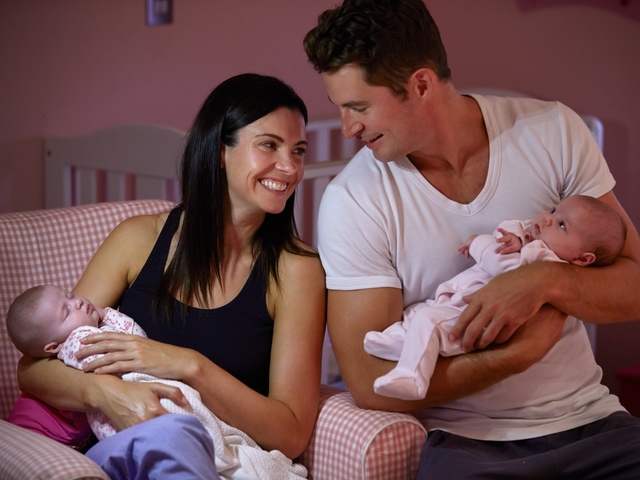
Porovnejte první kondicionál (= JE možné a reálné) a druhý kondicionál (= NENÍ možné a reálné):
|
If it
is sunny, I will go out.
|
Pokud bude slunečno, půjdu ven. |
|
If it
was sunny, I would go out.
|
Kdyby bylo slunečno, šel bych ven. |
If Robert lived in Japan, he would eat sushi a lot. = Kdyby žil Robert v Japonsku, jedl by hodně sushi.
| Nereálné: |
If he lived there, he would eat sushi.
|
| Reálné: |
If he lives there, he will eat sushi.
|


If I came home early, I would cook dinner. = Kdybych přišla brzy domů, uvařila bych večeři.
| Nereálné: |
If I came early, I would cook dinner.
|
| Reálné: |
If I come early, I will cook dinner.
|


Pořadí vět můžeme přehodit:
|
If she got lost, she would call us.
|
Kdyby se ztratila, zavolala by nám. |
|
She
would call us if she got lost.
|
Zavolala by nám, kdyby se ztratila. |
Všimněte si, že před IF nepoužíváme čárku.
They would travel the world if they weren't so busy. = Cestovali by po celém světě, kdyby neměli tolik práce.
|
They would travel if they weren't busy.
|
|
If they weren't busy, they would travel.
|

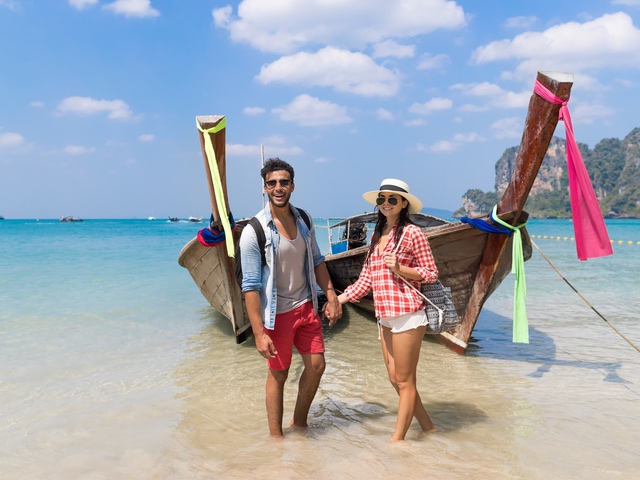
We would go to an aquapark if you weren't afraid of water. = Kdyby ses nebál vody, jeli bychom do aquaparku.
|
We would go there if you weren't afraid.
|
|
If you weren't afraid, we would go there.
|

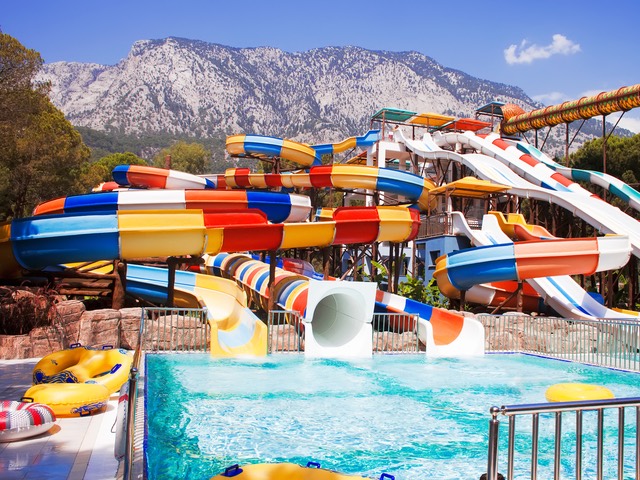
Ve větě s IF nepoužíváme WOULD/WILL:
|
If they were younger, they would have another child.
|
|
If Monica wasn't tired, she would go with you.
|
Nikoliv: If they would be..., If they will be...
Pokud se nejedná o klasický kondicionál, můžeme IF + WOULD/WILL použít. Více o tom v lekci: WOULD, WILL a SHOULD v kondicionálech a po IF
If I met her again, I would ask for her phone number. = Kdybych ji znovu potkal, požádal bych ji o telefonní číslo.
| If I met... |
| If I would meet... |

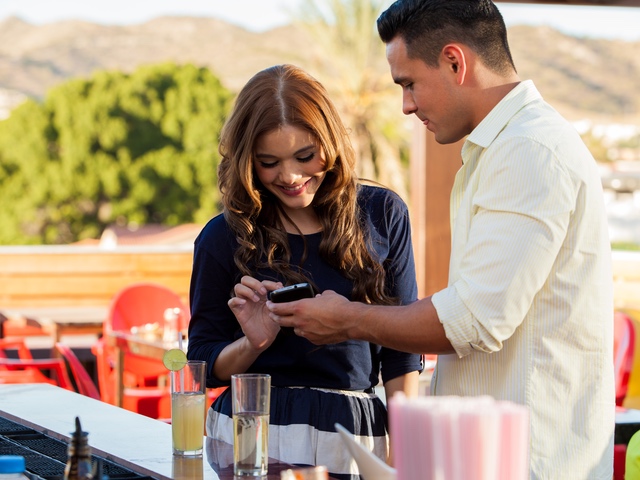
If Penny didn't have to work, she would watch the movie with us. = Kdyby Penny nemusela do práce, dívala by se na film s námi.
| If she didn't... |
| If she won't... |


What would you do if you saw a pickpocket? = Co bys dělal, kdybys viděl kapsáře?
| What would you do if you would see saw...? |


V případě slovesa BÝT používáme často WERE ve všech osobách (if I were, if he were, if she were...). Platí to zejména ve větách typu: Kdybych byl tebou...; Na tvém místě bych...:
|
If I were you, I would sign it.
|
Kdybych byl tebou, podepsal bych to. |
|
If she were you,
she wouldn't hesitate.
|
Na tvém místě by neváhala. |
|
If the weather were bad, we would stay in.
|
Kdyby bylo špatné počasí, zůstali bychom doma. |
If I were you, I wouldn't sell the bike. = Na tvém místě bych to kolo neprodával.
| If I were... |
| If he were... |
| If she were... |

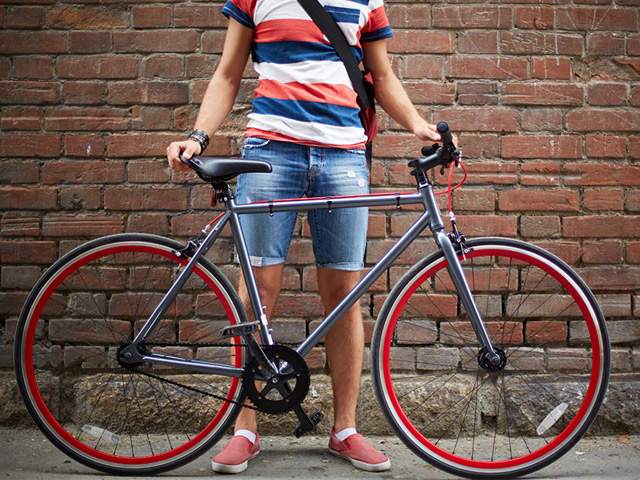
If Stevie were a superhero, he would help people. = Kdyby byl Stevie superhrdina, pomáhal by lidem.
| If he were... |
| If he was... |


Druhý kondicionál – nejdůležitější body a tip na závěr:
- Druhý kondicionál používáme, když něco není možné a reálné.
- Po IF je minulý čas a ve druhé větě WOULD/WOULDN'T (If I won the lottery, I would buy a Ferrari.).
- Doporučujeme si procvičit druhý kondicionál (second conditional) v našich cvičeních.
